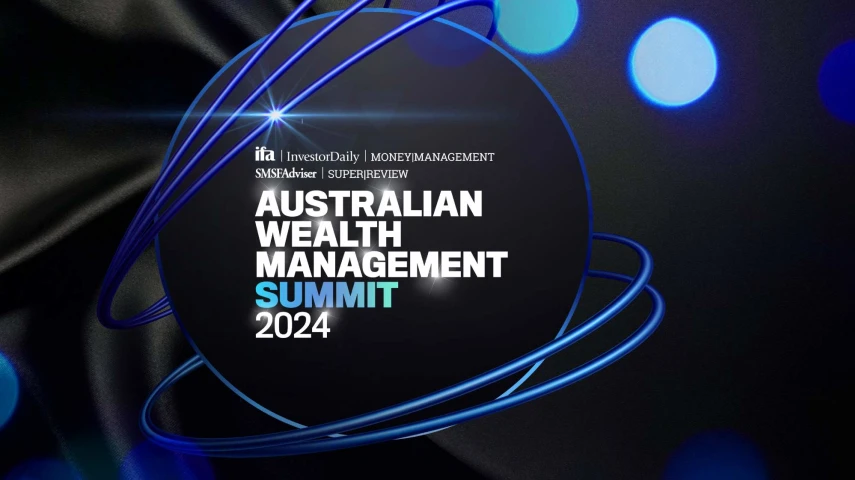How a global initiative is helping with net zero transition



With energy transition remaining a significant challenge, a global index provider executive has argued that engagement could trump divestment.
Ahead of his session at the Australian Wealth Management Summit 2024, London Stock Exchange Group (LSEG) business FTSE Russell head of index investments group, Pacific, David Ho, explained that the Transition Pathways Initiative (TPI) helps asset managers and owners achieve a net zero position by offering companies more flexibility.
FTSE Russell – which is supporting the summit as an index partner – and LSEG are funders of the TPI Centre.
The TPI, a global initiative led by asset owners and supported by investors globally, is aimed at the investment community open access, and it assesses companies’ preparedness for transition to a low-carbon economy.
Data and publicly available company information is used to make the assessment, to help inform investment decisions and engage with companies on their progress towards specific targets.
“The initiative comes from an engagement stewardship point of view rather than a divestment angle,” Ho said.
“It uses similar ingredients to the Paris Accord and benchmark but offers more flexibility for companies to achieve a net zero position while still being included in the investment community. We know that there’s a lot of finances and capital required to transition to a green economy. We feel that by divesting certain companies, typically your largest emitters, is not doing the right thing.
“It’s not allowing the globe and the companies to reach a net zero position. By focusing on engagement and stewardship, it allows investors to get to a net zero position and achieve the desired outcomes.”
This is particularly important in Australia as the economy is significantly driven by resource companies, Ho said.
“For example, BHP accounts for around 11 per cent of the ASX200 Index,” he noted.
“If we were to exclude BHP from our index, it makes it very difficult for investors to get to a net zero position without changing the overall market of Australia.”
The TPI uses five key criteria, including two forward-looking measures that encompass a quality management score and carbon footprint. These measures allow companies to answer 19 questions around their preparedness to reach a net zero position by a certain date.
The companies are assessed based on the actions and initiatives they are undertaking to reduce their carbon footprint, which Ho said is critical in the current environment.
“Divesting away from a company like BHP would remove them from that pool of investable assets that would ordinarily go to them to fund their green activities,” Ho said.
“Instead, by encouraging them to be good actors and implementing initiatives to get to that net zero position, it will help facilitate our transition to a green economy.”
However, a significant challenge facing Australia’s transition is the availability and measurability of high-quality data, and the ability to structure it in an efficient manner.
“Sometimes the smaller companies don’t have the resources to produce data reports internally for regulators and investors,” Ho said.
Additionally, the onus is on wealth managers to educate themselves and their clients around the investment options available, and how they could impact a portfolio and its financial outcomes, Ho underscored.
He added that FTSE Russell and LSEG partnered with the inaugural Australian Wealth Management Summit to provide this education to wealth managers.
“I think events such as this are a great platform to deliver more information and education to wealth advisers so they are updated and can make informed decisions for their clients,” Ho said.
“We want wealth managers to critically question if they are aware of the challenges of decarbonising Australia and investing in a sustainable manner, and ensure that their recommendations are fit for purpose for a client’s portfolio.”
At the summit, Ho will outline the opportunities and challenges that lie in decarbonising Australia, and explore how the TPI helps sovereign funds, pension funds, and fund managers engage companies and lead them towards a path of climate transition.
To hear more from David Ho about Australia’s path to climate transition, come along to the Australian Wealth Management Summit 2024.
It will be held on Wednesday, 8 May, at The Star, Sydney.
Click here to book your tickets and don’t miss out!
For more information, including agenda and speakers, click here.
Recommended for you
Clime Investment Management has welcomed an independent director to its board, which follows a series of recent appointments at the company.
Ethical investment manager Australian Ethical has cited the ongoing challenging market environment for its modest decrease in assets over the latest quarter.
Commentators have said Australian fund managers are less knowledgeable compared with overseas peers when it comes to expanding their range with ETFs and underestimating the competition from passive strategies.
VanEck is to list two ETFs on the ASX next week, one investing in residential mortgage-backed securities and the other in Indian companies.















